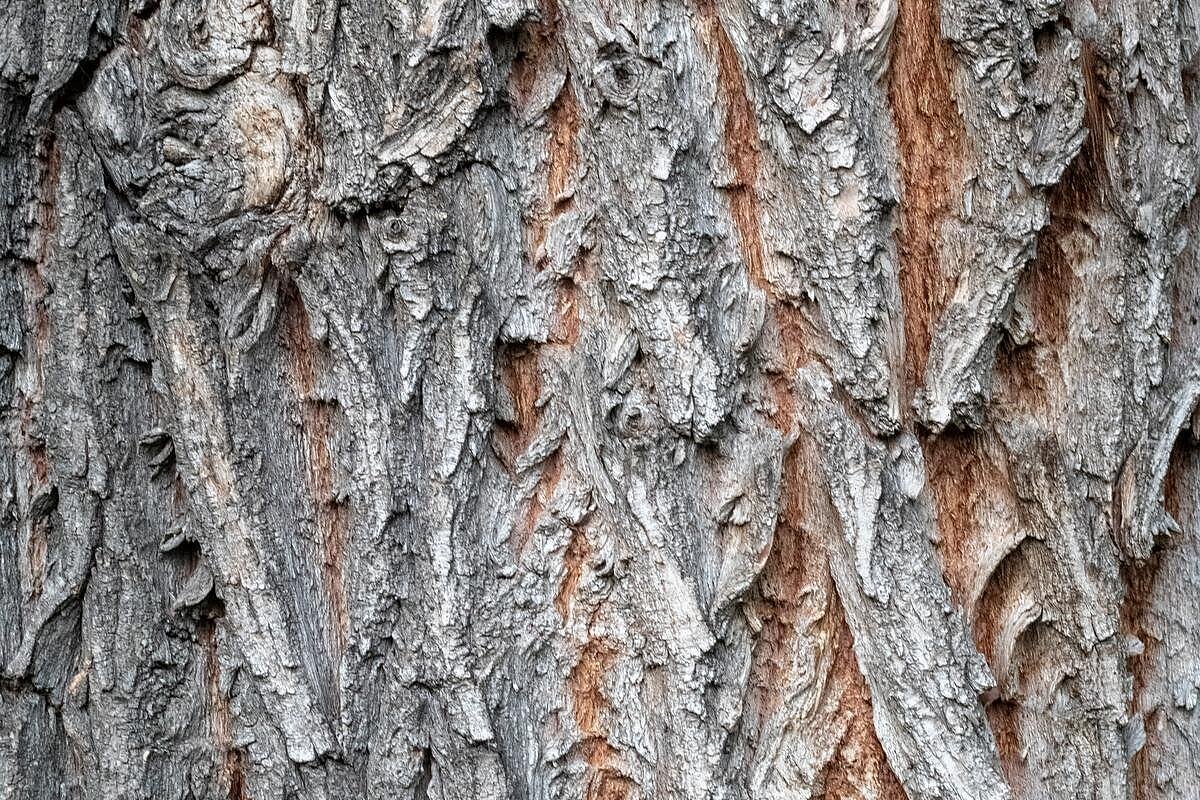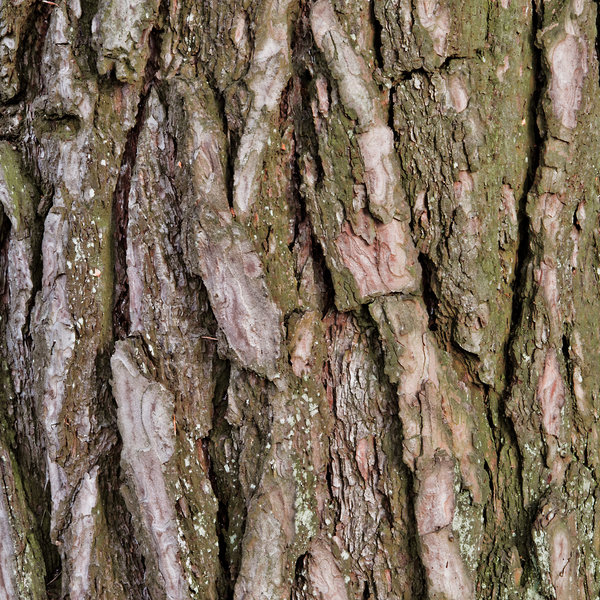Birch bark

What is birch bark?
Birch bark is the outer layer of the birch, a deciduous tree that is widespread in Europe, Asia and North America. The bark is usually white or silvery and can be easily peeled off in strips. Birch is one of the oldest medicinal plants known to mankind and was already valued by the Celts, Germanic tribes and Native Americans. The bark mainly contains betulin and betulinic acid, two substances that can have antibacterial, antiviral, antifungal and antitumoral effects. The bark also contains flavonoids, tannins, resins and essential oils, which can have further positive effects on health.
What are the benefits of birch bark for dogs?
Birch bark can be used for various ailments in dogs, for example
- Skin problems such as eczema, wounds, abscesses or fungal infections. The bark can be applied as a poultice or ointment to the affected areas and has a healing and disinfecting effect.
- Joint problems such as arthritis, rheumatism or gout. The bark can be administered as a tea or tincture and has an anti-inflammatory and pain-relieving effect.
- Urinary tract problems such as cystitis, kidney stones or edema. The bark can be administered as a tea or tincture and has a diuretic and flushing effect.
- Metabolic problems such as diabetes, obesity or fatty liver. The bark can be administered as a tea or tincture and has a blood sugar-lowering and fat-burning effect.
What are the disadvantages of birch bark for dogs?
Birch bark is not suitable for all dogs and can also have some disadvantages, for example
- Allergic reactions such as skin rash, itching or difficulty breathing. Some dogs may be allergic to birch bark or its ingredients and should therefore avoid it.
- Gastrointestinal complaints such as nausea, vomiting or diarrhea. Some dogs cannot tolerate birch bark well and should therefore only be given it in small quantities or diluted.
- Interactions with medication such as blood thinners, diuretics or insulin. Some dogs take medication that can interact with birch bark and increase or weaken its effect. Therefore, a veterinarian should always be consulted before using birch bark.
- Confusion with birch sugar (xylitol). Birch sugar is a sugar substitute obtained from birch bark and is healthy for humans. However, it is highly toxic for dogs and even small amounts can lead to life-threatening hypoglycemia. Therefore, you should always make sure that you can distinguish birch bark from birch sugar and do not feed any products containing xylitol to dogs.
Birch bark is an old natural remedy that can be helpful for various ailments in dogs. However, birch bark is not suitable for every dog and can also have side effects or risks. Therefore, you should always be careful when using birch bark on dogs and inform yourself well beforehand or ask a vet. In addition, birch bark should never be confused with birch sugar, which is lethal to dogs.
Properties 6
Are you looking for other ingredients with a specific property?
Just click on them to find more.
If you notice any signs of hypersensitivity or poisoning in your dog, you should see your vet immediately. We are not a substitute for a vet, but we try to be as accurate as possible. Every dog reacts differently and we recommend you get a second opinion or consult your vet if in doubt.
Stay healthy and take good care of your four-legged friend!😊
Similar to Birch bark
Willow bark is the bark of various willow species, which are mainly found in Europe and Asia. The bark is usually peeled from the branches in spring or fall and dried. It can be administered as a...
Oak bark is the bark of the oak (Quercus robur), a deciduous tree that is widespread in Europe. The bark contains many tannins, which have an astringent effect. These tannins can precipitate...
Larch bark comes from the larch, a coniferous tree known for its hard wood and valuable bark. In folk medicine, the bark of various trees has been valued for centuries for its healing properties....
Slippery elm bark is a herbal remedy made from the inner bark of the elm tree (Ulmus rubra). The bark contains mucilage, which has a soothing effect on the mucous membranes. Elm bark is mainly used...



